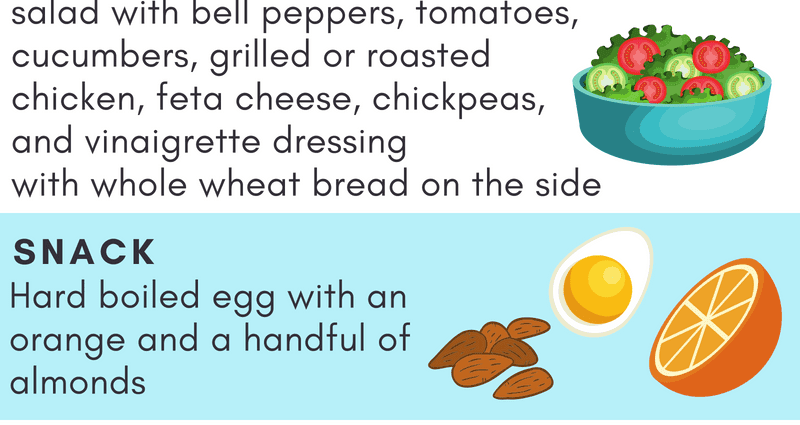Nutrition plays an important role in the recovery of the body during the period of illness. And broken bones are no exception. In order for the damaged area to heal, additional calcium intake is needed first of all, then the callus will form faster and it will be possible to talk about recovery much earlier.
Bone tissue consists of mineral salts, bone cells and collagen fibers. On the one hand, it is strong, on the other hand, it is elastic enough to withstand heavy loads.
With age, bones lose their elasticity and become more prone to destruction, the hormonal system changes, which in turn affects the absorption of minerals useful for bones.
What you need to eat for fracture healing
To recover from an injury, the diet requires a predominance of calcium, zinc, magnesium, phosphorus, manganese, vitamins C, D, K, B6, B12, folic acid.
Include dairy products, sardines, salmon, sesame seeds, almonds, spinach, and kale to make up for calcium deficiencies. To make calcium better absorbed, add magnesium to it – these are bananas, green leaves of vegetables, flounder, shrimp, milk and almonds, perch, nuts, herring, mackerel, cod. And also vitamin D – fish oil and sea fish.
Zinc is found in sea fish and seafood – they should be preferred, since animal zinc is absorbed better. But it can also be found in pumpkin seeds, sunflower seeds, mushrooms, legumes, oatmeal and buckwheat, and walnuts.
Look for phosphorus in sturgeon caviar, beans, egg yolks, cheeses, beef liver, oatmeal and buckwheat, in walnuts and pumpkin. Phosphorus, in comparison with calcium, should be eaten a little during fractures, as it interferes with the absorption of the former.
Bananas, beans, green vegetables, cabbage and Brussels sprouts, beets, brewer’s yeast, citrus fruits, calf liver and lentils are rich in folic acid. Vitamin B6 – ham, bananas, shrimps, potatoes, chicken, salmon, beef liver, sunflower seeds. The source of vitamin B12 is beef, dairy products, sardines, mackerel, eggs.
Vitamin K is necessary for the preservation of calcium, and its synthesis is disrupted when the intestinal microflora is disturbed. By using fermented milk products, you normalize the microflora.
Nutrition during fractures should be protein-based, preferably eggs and dairy.
What not to eat for fractures
Until complete recovery, alcohol should be excluded, which destroys cells, and does not help them restore.
Calcium is washed out from the body with caffeine, so coffee, chocolate, tea and any foods and drinks that contain caffeine are taboo. The same goes for excessive sugar consumption.
Fatty foods are an additional factor that interferes with calcium absorption, so steam or bake food in case of fractures.










